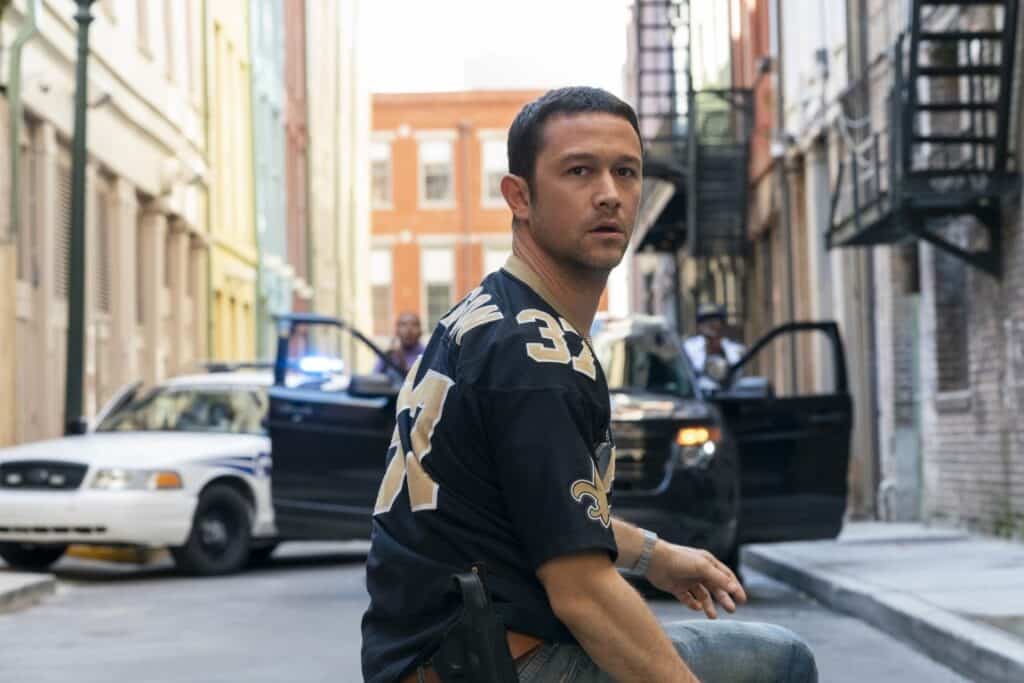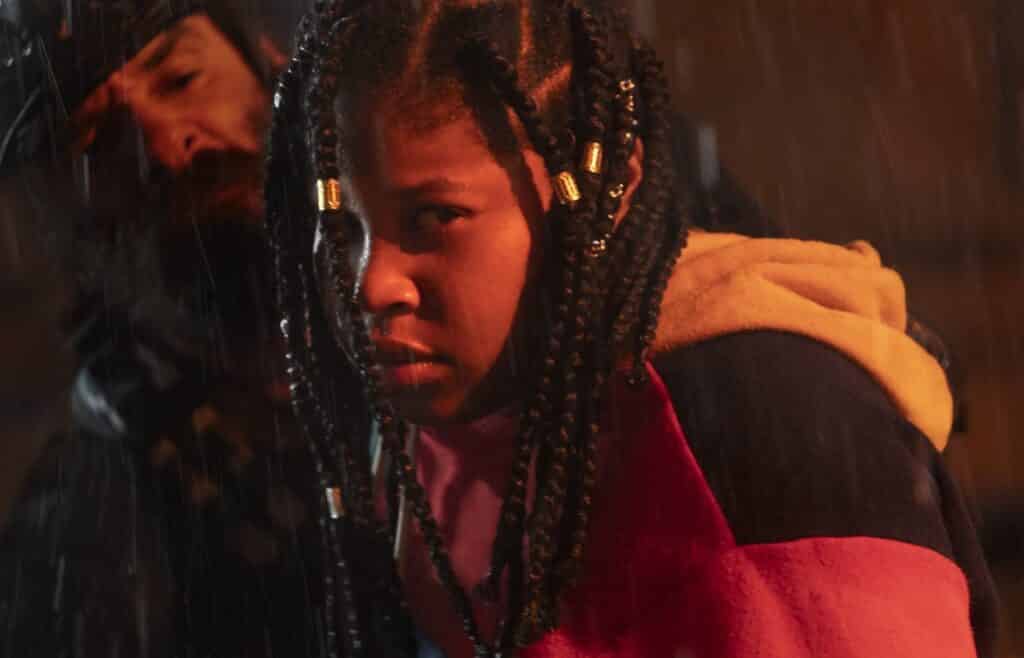Read also:
How to Watch FX Live Without CableHow To Watch AMC Without CableHow to Watch ABC Without CableHow to Watch Paramount Network Without CableNetflix’s latest is a zany high-concept thriller that overcomes some ill-timed politics with well-staged action.
In Project Power, a new drug called Power begins spreading in New Orleans, granting the user exactly five minutes of a superpower unique to them. Amid the chaos, an ex-soldier (Jamie Foxx), a hotshot cop (Joseph Gordon-Levitt), and a teenage dealer (Dominique Fishback) team up to find the source of the drug and end its supply. This ends up turning into a pretty thrilling ride, even if its messages ring hollow.
For a premise that boils down to “What if the crack epidemic but with superpowers?”, the framing actually holds up pretty well. The rules of Power are well-sketched and screenwriter Mattson Tomlin and directors Henry Joost and Ariel Schulman stick to them. All this means that you don’t feel cheated by the superheroics on display.
Even so, the rules are broad enough that you’re always hit with a new, interesting use of these powers. These range from tamer ones like invisibility to others which lean heavily into body horror. Then there’s the “urban legend” nature of these powers, replicating the way issues that affect marginalised communities are left unreported.

Our three perspectives into this world are Art (Foxx), Frank (Gordon-Levitt) and Robin (Fishback). Art is your archetypal tortured ex-soldier, complete with flashbacks and deeply distressing acts of violence that aren’t really addressed. On paper, he’s actually pretty reprehensible. What redeems the character is Foxx giving a very Foxx performance. He’s slick, he’s cool, he even flirts with a waitress at a chicken shop. This charm elevates an archetype into a fun character to watch – even if he makes you grimace at times.
Gordon-Levitt’s Frank, meanwhile, is a Clint Eastwood-quoting renegade cop who breaks the rules to “protect his city”. Amidst protests calling for police reform/abolishment due to their persistent brutalisation of Black and Brown people, his character feels off. Gordon-Levitt’s whiteness and the NOLA setting (a city with a substantial non-white population) makes the copaganda stand out even more. At the same time, his charm draws you in; he manages to pull off a lot of corny jokes and brings frenetic energy to every scene he’s in.
But Fishback shines brightest as Robin, a rapping teenager who sells drugs to pay for her mother’s diabetes treatment. Fishback breathes life into this otherwise generic character, deftly moving from terror to wisecracking in a way that feels natural. Where she really shines is in the chemistry she has with pretty much everyone. Whether she’s cracking jokes or bringing these gruff men down a peg, she elevates every scene she’s in. You really feel her absence when she’s not on screen. She also performs the brilliant Chika-penned freestyle raps with an energy that transforms a potentially awful gimmick into something powerful.
[T]he rules are broad enough that you’re always hit with a new, interesting use of these powers.
When you move outside of these fantastic performances and the interesting premise, Project Power is pretty average. Tomlin’s script is about as subtle as a baseball bat: he telegraphs every big moment. Also, the twists aren’t particularly interesting, but you still accept them because you’re along for the ride. There also just isn’t much here that you haven’t seen in other action films.
The antagonists are your typical amoral villains selling their invention to the highest bidder (including Rodrigo Santoro’s hammy cartel leader). All the action is very cool to look at; there are interesting shots here and there, especially when they lean into the weirdness of some of the powers. But this still doesn’t feel like it’s breaking any new ground.
The part of Project Power which I found deeply frustrating rather than just eye-roll worthy was its politics. The filmmakers drape the setting in Blackness, from the setting of New Orleans to Chika’s rap music, to the crack epidemic allegories. Foxx even very explicitly talks about how ‘the system’ is built to swallow up young Black women like Robin.

But it feels shallow, unwilling to commit to bigger statements beyond vague suggestions to overcome systemic injustice with Black Excellence. There isn’t a deeper engagement with how and why these systems are in place. This feels especially weird coming from Joost, Schulman, and Tomlin, all of whom are non-Black. It feels like so much more could have been explored with a creative team better equipped to interrogate these ideas.
This hedging is pretty apparent with the presentation of the police as well. It’s optically very strange that Robin (a young Black woman with anti-authority leanings) is so comfortable in Frank’s company. After all, he’s a police officer, and a white one at that. Nowhere does Power acknowledge his role in the system, or offer a meaningful critique beyond “some cops are bad”. We’re in a time where people are taking to the streets and talking about abolishment and radical Blackness. As such, the lack of real engagement with the politics it’s aesthetically evoking rings hollow.
Despite these issues, Project Power is a fun film with a brilliant lead trio and some great music. I just wish they did more with the loaded imagery they played with.
Project Power pops and pill and heads to Netflix August 14th.